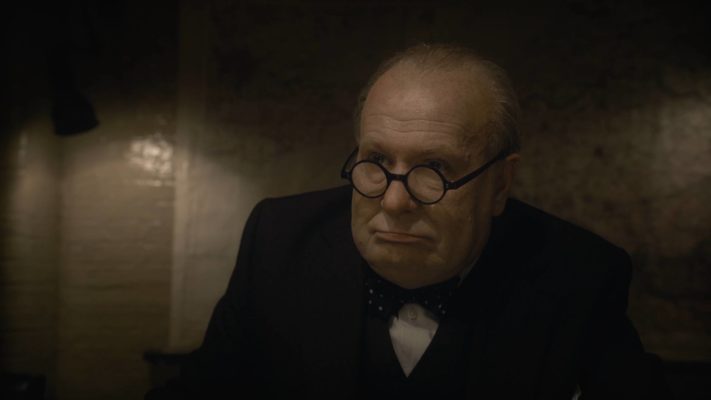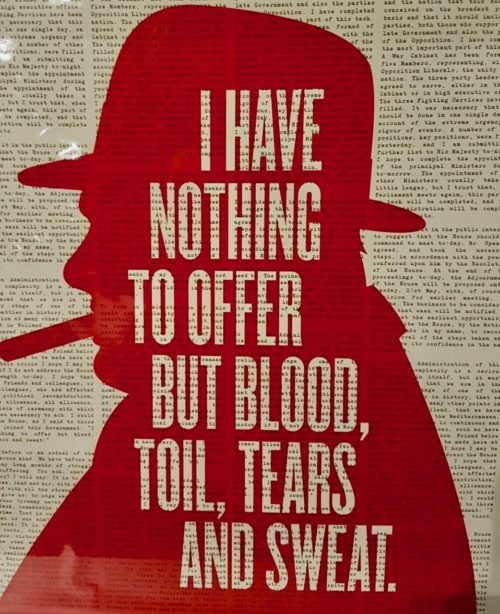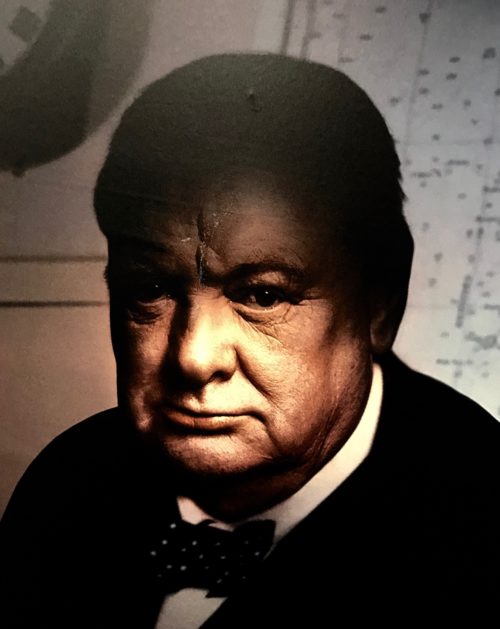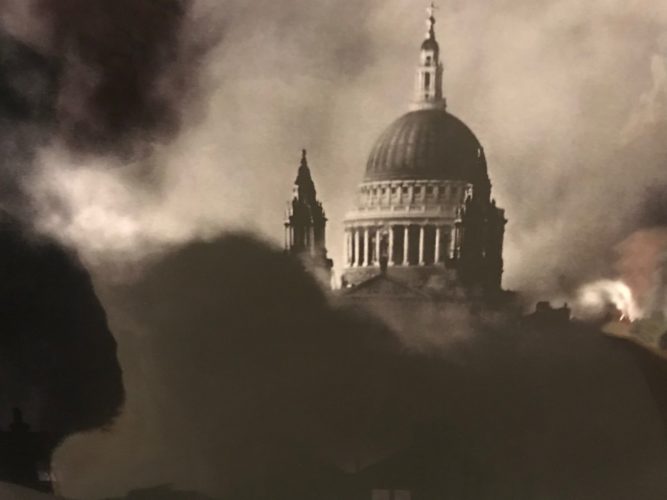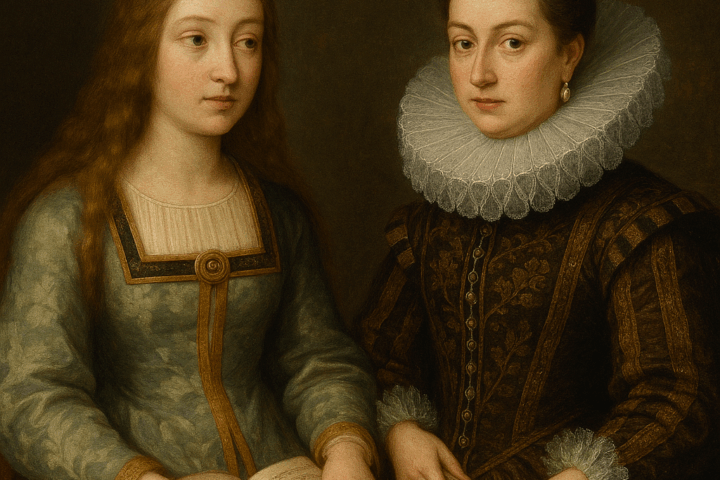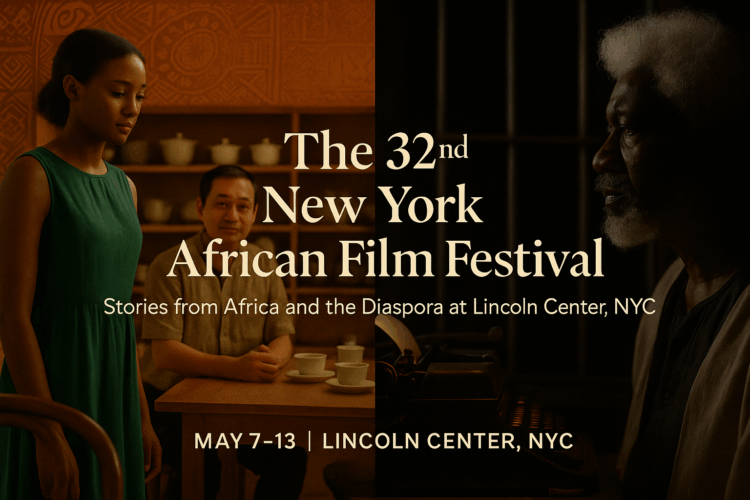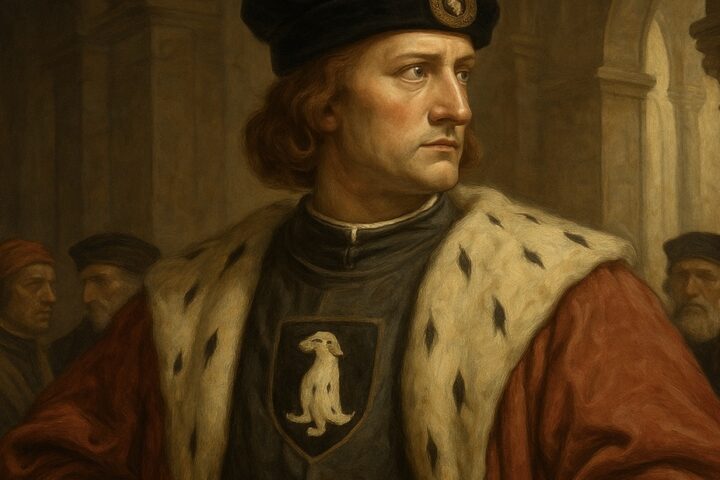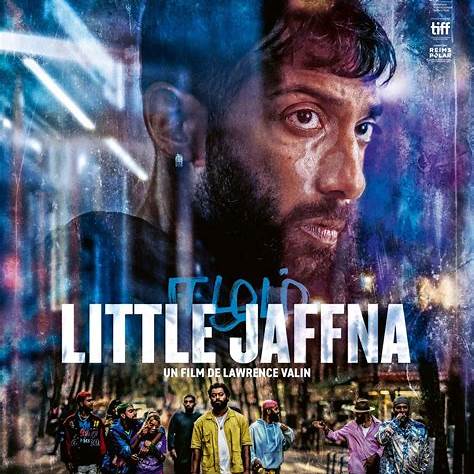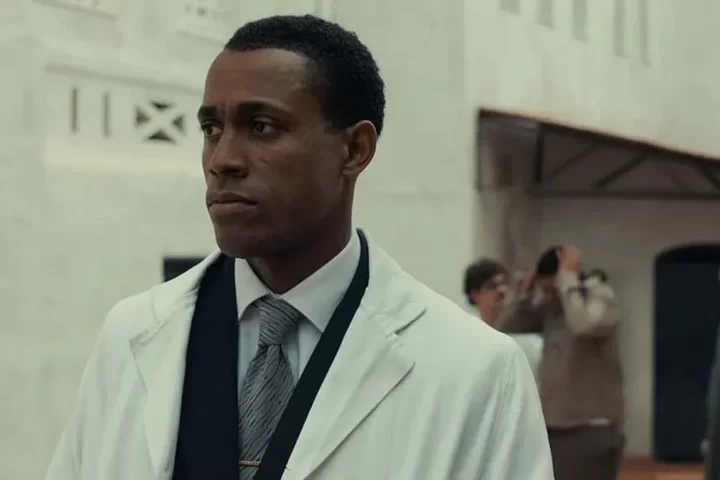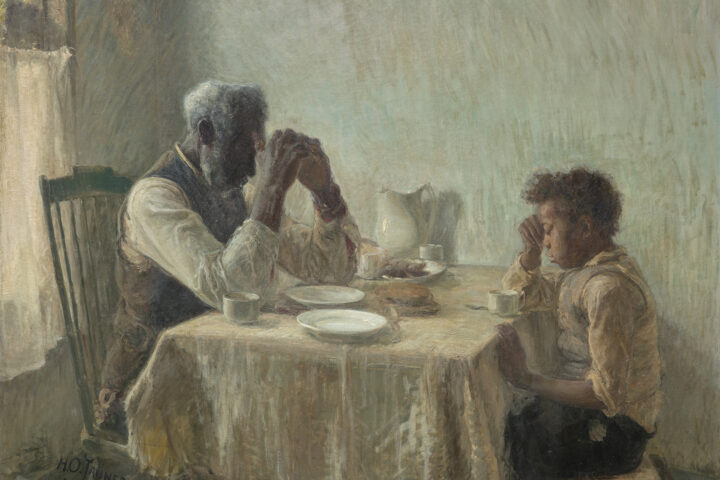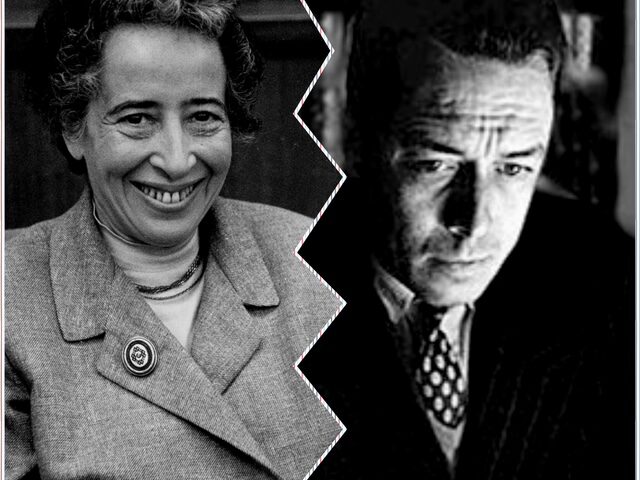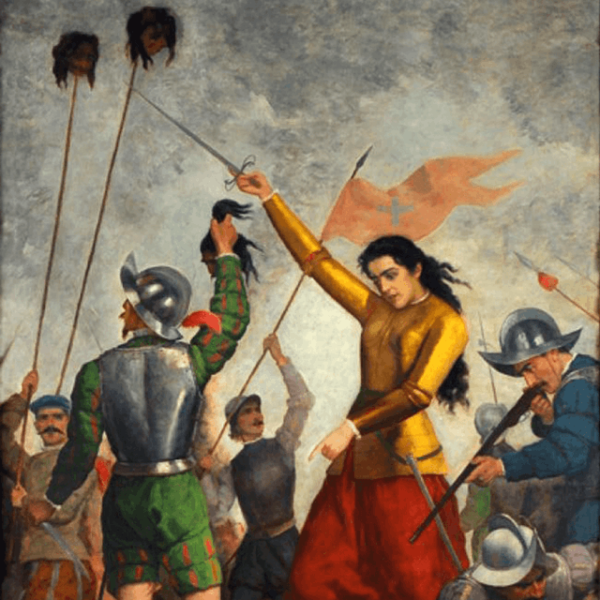Cinema: Dunkirk, Churchill and the Brexiteers
By Pierre Scordia
One year after the shock of Brexit, two of Britain's best known filmmakers, Christopher Nolan and Joe Wright, released two films about one of the most tragic episodes in British history: the evacuation of the British army from Dunkirk. Could there have been a desire on the part of the two directors to convey a message about the Brexit fiasco by alluding to British resilience at a time when the country is swimming against the European tide?
Dunkirk by Nolan and Wright's Darkest Hour are two diametrically opposed films; one showing the confusion and shame felt by the British soldiers present on the front, the other consolidating the myth of heroic resistance - embodied by the larger than life personality of Winston Churchill - glorifiying English resilience in the face of adversity. However the two complement each other in that Wright depicted decision makers in Westminster, far from the battlefield, while Nolan shows us the horror of war and the trauma of defeat. While Churchill implores the French to continue the fight, the British at Dunkirk are preventing their French allies from embarking with them to flee from danger.
Dunkirk by Christopher Nolan
In Dunkirk, Christopher Nolan uses scant dialogue and emphasises the actions of a few individuals so that the viewer can viscerally live the drama. The powerful and moving music makes you feel the terror and despair of these young men trapped on the beach trying to escape the ruthless German air force.
Make no mistake; it's no action movie. No, we see only a few soldiers who, at first, fight unskilfully - let's say with little courage - in the streets of a small town without famous landmarks. We see them on a large beach, abandoned and encircled and with only one remaining hope: the sea...
The German planes pelt them without resistance because the British battalions ceased fighting on arrival at Dunkirk beach. The only thing that matters now is the rescue operation, nothing more. Men simply queue up silently on the shore, becoming aggressive only if another soldier dares to jump the queue.
In Dunkirk, we see no heroism or bravery, not even patriotism or loyalty. Brotherhood no longer interests the soldiers. They reject foreigners (Belgians and Dutch), men from different regiments and even French soldiers who fought at their side and who continue to obstruct the Germans in order to facilitate the evacuation of the army of his Gracious Majesty. British fighters are both angry and resentful and this is reflected in hostile behaviour towards cheaters who selfishly attempt to embark before their turn for England.
In this film, we are shown two methods by which the British army are evacuated: one military and the other undertaken by pleasure boaters and fishing vessels. The one by the Royal Navy proves disastrous in that any large ship becomes a sitting duck for the German planes and U-boats. In the end, it is the small boats which ensure the evacuation.
In Nolan's film, a man and his son sail on board their little boat to the French coast. They have no patriotic feelings, they have simply responded to the call to bring back some soldiers. They have not the slightest idea that they are going to the rescue of the British army. They return with twenty or thirty soldiers, some traumatized, many ashamed. On their arrival, the rescued fighters are completely taken by surprise when they are welcomed home as heroes. Overnight everything had changed, thanks to Churchill's powerful speech.
Before Dunkirk, there was actually little enthusiasm in England for waging war. The Conservative government and the elite were despised, especially by the working class. Churchill was hardly popular. His name was associated with the man who had sent the army against trade unionists on strike, with the calamitous Chancellor of the Exchequer in the 1920s and above all as being the man responsible for the heavy military losses of the disastrous 1915 Dardanelles Campaign, a useless butchery of the Great War.
With the modest success of Dunkirk, Churchill becomes a new legend: the politician who has saved the British army from certain disaster. From now on, the soldiers will be able to freely testify against the ruthless, powerful and dangerous Germans. Churchill's speech in Parliament, in which he declares that Britain will never surrender, is therefore lent credibility by the evacuation at Dunkirk. Thus the United Kingdom did not have to resort to a humiliating armistice as wished by many conservatives and aristocrats anxious to preserve their army at all costs.
Darkest Hour by Joe Wright
Unlike the movie Dunkirk, Darkest Hour does not reflect the historical truth. Despite the extraordinary casting, the film remains superficial. This feature film does not explain why Churchill is chosen to lead the country and exaggerates, even invents, enthusiasm for the war among MPs and the public. The scene where Churchill uses the London Underground to find out the nation’s pulse is ridiculous and pure fiction, as if the people unanimously rallied behind Churchill's cause, prepared to sacrifice their lives without question. Propaganda films could not have done a better job! It seems that this imaginary sequence was inserted purely for the joy of Brexiteers!
A pro-European British friend told me that in her view Darkest Hour was a gift for the English who love to watch films about World War II, thinking it the pinnacle of British glory, convinced that alone, without the aid of their European allies, they had triumphed, whilst ignoring the decisive roles played by Russia and the United States in the chain of events leading to victory.
Curiously, the actor Gary Oldman who interprets the role of Winston emphasizes the word "surrender" in the famous speech but in fact Churchill stressed the word "never". "We will never surrender ". Churchill's message was simple: a clear, implacable policy. The British will always fight, everywhere and whatever the cost. His famous phrase "we will never surrender" was not at all theatrical, but at the same time served as a warning to the Nazis who planned to invade Great Britain. He wanted victory, total victory, nothing less, promising blood, toil, tears and sweat. A man of action, he stood out from other prominent politicians who, constantly evaluating the risks involved, favoured appeasement and compromise (Chamberlain and the Earl of Halifax).
As so often in history, luck played a part. Both geographical situation (insularity) and meteorology saved Britain from the experience of a military and political catastrophe. If a German invasion had occurred, it is highly likely, given Churchill’s past record of military defeat, that the Earl of Halifax and his many conservative allies would have called for Churchill’s downfall. Yet we cannot re-write history with what-ifs and we are all indebted to Winston Churchill's determination and the courage of the British people in the face of immense adversity.
Whatever Brexiteers think, Britain is not destined for an exceptional future. This rests on the chance of having, at the right moment, a wise leader with the courage to act against the will of the elite - or even that of the populace, if this is in Britain’s best interests.
FΩRMIdea London, 19th March 2018.
Lire cet article en français | Lea en español | Türkçe Tercümesi
